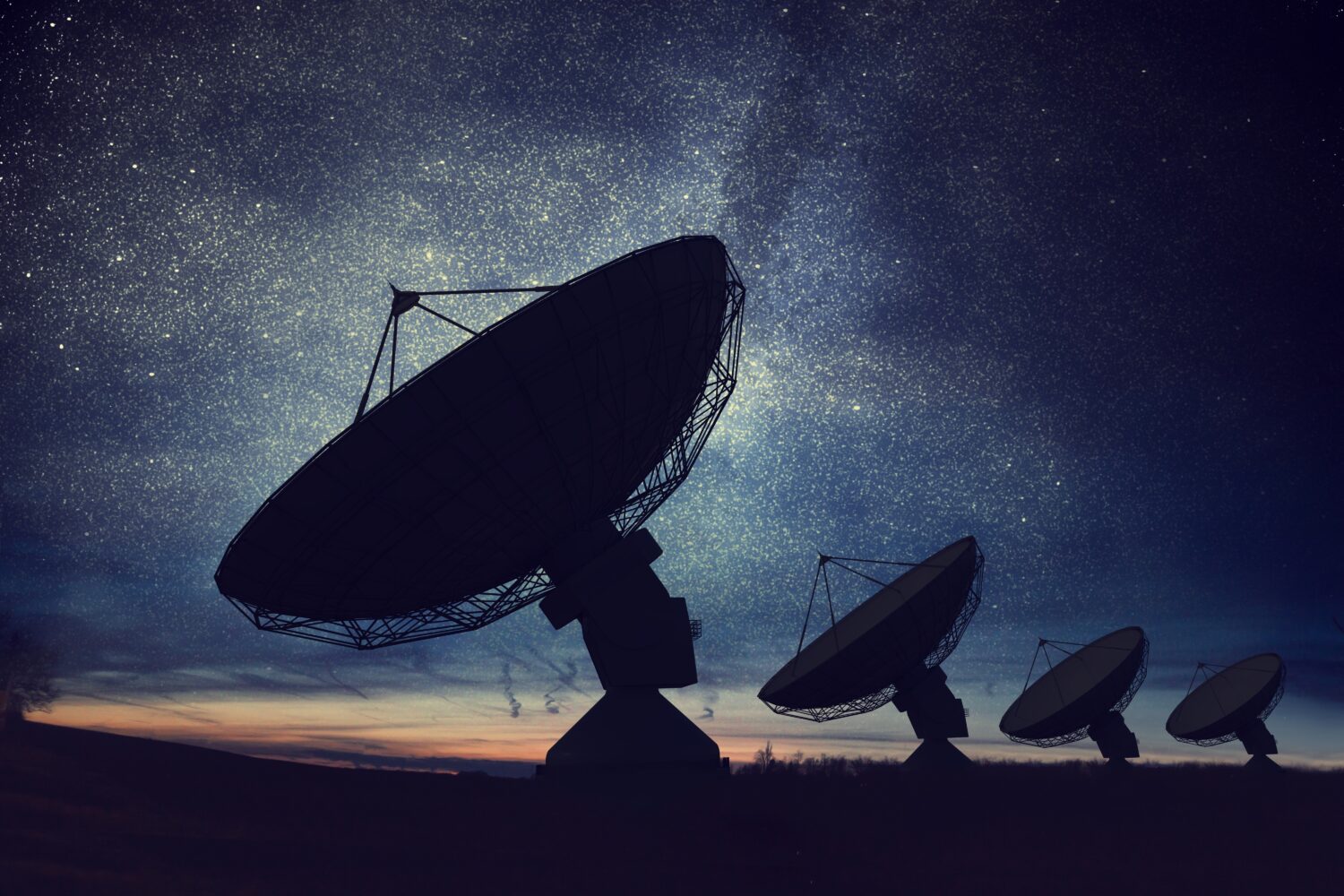With funding from Horizon Europe, Space Skills Alliance is part of a group of ten partners called ASTRAIOS. This project aims to provide a comprehensive assessment of the European space curricula and identify future areas of demand.

Overview
In order to keep up with global competition, the European space industry must analyse and assess all areas of its curriculum in order to identify potential knowledge gaps.
ASTRAIOS is a group made up of 10 partners who will examine all space courses currently on offer in the EU 27. It will describe the needs of the European space industry for the next 10-15 years and identify actionable steps that can be taken to better align current educational programmes with the skill demands of the future.
Space Skills Alliance is a thinktank consultancy organisation that is part of ASTRAIOS. Headed by Dr Heidi Thiemann and Joseph Dudley, Space Skills Alliance publishes data and reports on space training, providing expert advice and tools to help better the sector.
The company has received funding from Horizon Europe as a result of joining the group, and will deliver important research to inform outcomes and conclusions at the end of the project. ASTRAIOS is a three-year initiative that will run until the end of 2025.
Finding stability and connections with Horizon Europe
Dr Heidi Thiemann is the director at Space Skills Alliance. She is working to provide the ASTRAIOS initiative with relevant datasets on current educational opportunities within the space industry and identifying missing transferable skills. Funding from Horizon Europe has delivered ongoing security and support for her organisation, which has opened new opportunities for networking. She explained:
“What’s very helpful is that this is a three-year funded programme, so stability for our small business is really helpful. We have the knowledge that we’re guaranteed to be working with set partners for an extended period of time.”
“It’s a huge benefit to be meeting partners from across Europe and finding new opportunities for collaboration,” Heidi continued.
“It’s been very helpful in raising our profile across the continent and we have access to different support systems which wouldn’t be possible without Horizon Europe. It’s allowed us to network with different partners and means that we can take part in other projects that we wouldn’t have been able to otherwise.”
Working with Innovate UK and being part of the Horizon Europe programme has been beneficial for Space Skills Alliance, and Heidi hopes to extend the organisation’s involvement in the future. “We’d really like to continue working with Innovate UK. It’s been a good experience and we’d like to extend our potential projects across Europe and beyond,” she added.
Curating datasets from multiple sources
Space Skills Alliance is examining information from a variety of sources, including government workforce surveys, CVs, job adverts, keyword analysis, wider public surveys and more.
This research shows that there is variation in job types and skillsets across different countries within Europe, each requiring different needs.
“The challenges and skills required differ from place to place,” said Heidi. “The space industry is growing and we’re competing with a lot of other similar, high-tech sectors. We’re all recruiting from the same pool of skilled people.”
While this diversity in skill sets is obvious, Heidi and her team are also able to find emerging patterns that can be applied more broadly across all of Europe. It’s these areas that are of high interest when it comes to realigning future space industry curricula.
“Some of the current education and training programmes suit this growth, while some are not quite providing all the necessary skills,” Heidi explained. “For example, when people think of the space industry, they think of rockets, astronauts, that sort of thing, yet one of the biggest gaps is actually in software engineering and data analysis.
“Whatever country we look at, there seems to be quite a big gap in people who are aware that software and data specialties are viable as space careers.”
Insights such as this will be presented as part of the ASTRAIOS project and will be used to better refine and improve the educational resources, training and courses on offer as part of Europe’s wider space industry. This team is already well underway with this work which is expected to conclude at the end of this year.
About the funding
The goal of the ASTRAIOS project is set to run until the end of December 2025 and is being funded by Horizon Europe with the budget of €2.23m. This project aims to provide a comprehensive assessment of the European space curricula and courses in the EU-27 whilst continuing to identify future areas of demand.
Call topic: Analysis of Skills, Training, Research, And Innovation Opportunities in Space
Project coordinator: Fondation Europeenne de la Science, France
To find out more, visit https://www.spaceskills.org/. You can also visit the Horizon Europe website for more information .
We’re #HeretoCollaborate

